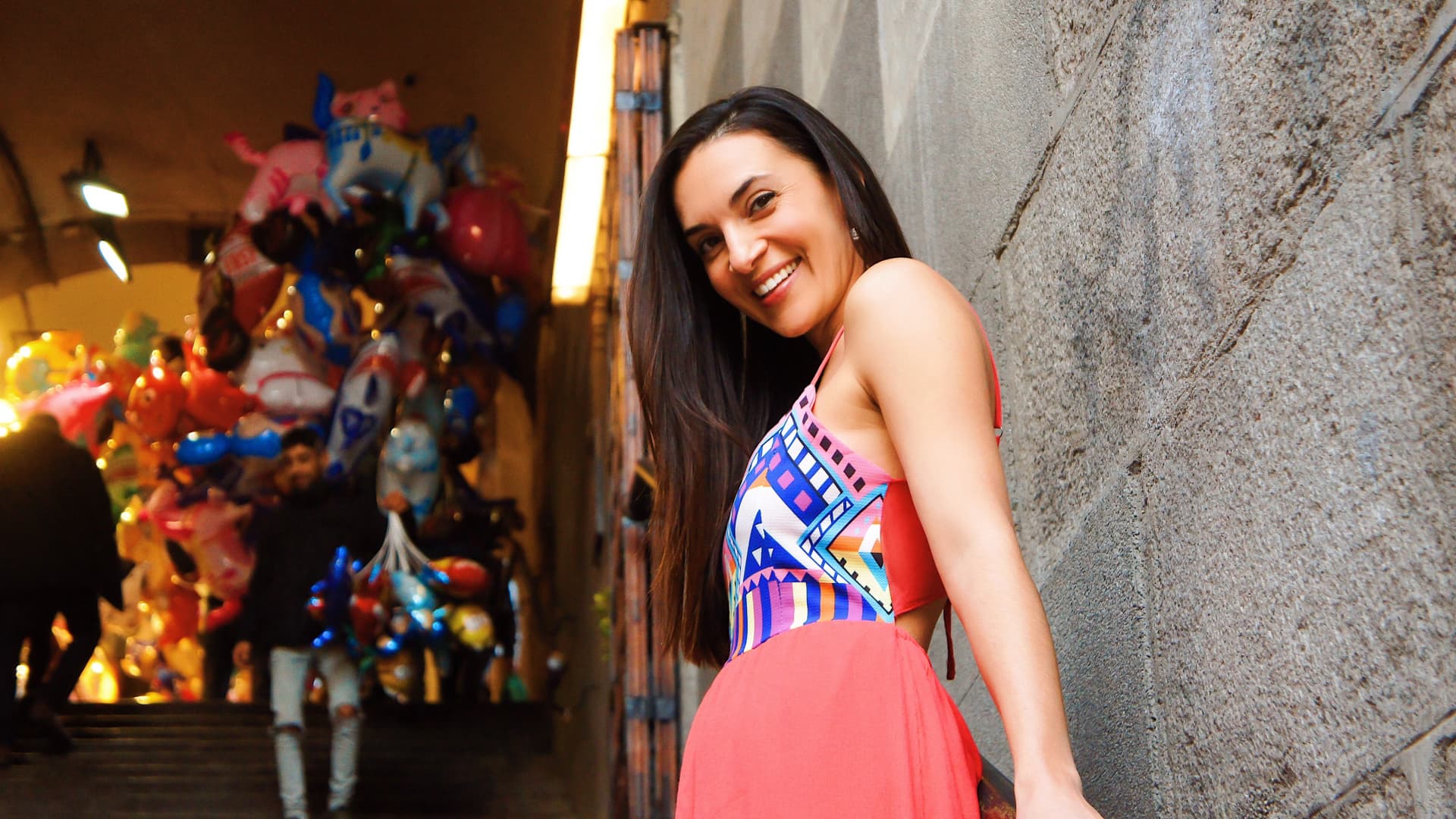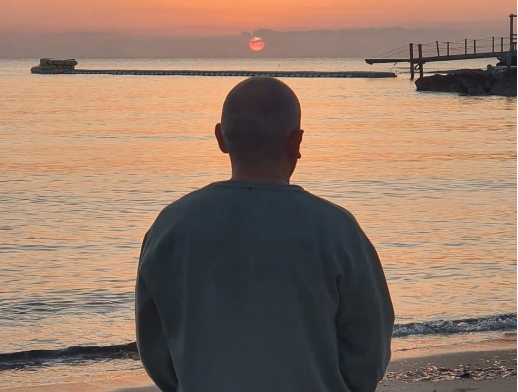
In 2015, I packed up my life in Austin, Texas and moved to Madrid. I was 35 and it wasn’t my first attempt. I had spent more than a decade dreaming, trying, and failing to make Spain home.
Since then, I’ve built a life in Spain and created She Hit Refresh, where I’ve helped hundreds of other women move abroad.
Along the way, I’ve experienced moments when my life in Europe felt like a movie. Like the time I stumbled upon a flamenco dancer in a hidden square, sipped wine at a Parisian café while the world passed by, or rode a Vespa past the Colosseum in Rome.
But these moments aren’t everyday life, and not everything about moving abroad is just as you imagine it to be. Here are the six myths I hear most often about relocating.
1. ‘It’s so cheap’
Many countries can feel more affordable than the U.S., but living abroad is probably not as cheap as you think. Costs are rising around the world, especially housing prices. House prices in the EU went up 57.9% between 2010 and the first quarter of 2025, while rents increased by 27.8%.
My advice: Run the numbers based on today’s reality, not outdated blog posts. And remember, what feels affordable to you on a U.S. salary may still be unaffordable for locals. Don’t overpay. It only fuels the problem.
2. ‘Americans aren’t welcome’
The real pressure comes from tourism, not the relatively small number of Americans moving abroad. And while anti-tourism sentiment exists in crowded cities, it’s not really about Americans, or even expats at all. The bigger issue is affordable housing — or, as I mentioned, the lack of it.
But smaller towns across Europe want new residents due to depopulation. If you’re serious about integrating, consider looking beyond hotspots like Lisbon, Barcelona, or Amsterdam.
Regardless, in my own experience, when you learn the language, contribute, and connect, you’ll usually be welcomed with open arms.
3. ‘You’ll be lonely’
Of course you’ll miss family and friends, but community abroad often forms faster than you’d expect.
Other Americans and English-speaking foreigners are eager to connect. Between meetups, language exchanges, and expat events, you’ll have no shortage of opportunities to meet people.
That said, deep friendships take time. I’m an extrovert, and it still took me around 2.5 years to feel like I had a strong community in Madrid. Many of my closest friendships came from hosting my own meetups.
For deeper integration, friendships with locals are key, though those are definitely harder to form. Many locals already have tight circles, and breaking in takes patience and persistence. Learning the language is essential, and it takes time. Most people are still beginners after a year.
4. ‘Life abroad is perfect’
Living abroad can absolutely improve your quality of life — whether it’s a slower pace, a relatively lower cost of living, or easier travel, there’s a lot to love. But it’s not a fairy tale.
You’ll still deal with bureaucracy, taxes, and logistics like finding an apartment, setting up bank accounts, and making appointments with doctors. And sometimes the grocery store will just be closed on a Sunday when you need it most.
The hardest challenges are often personal. I’ll never forget when I got the call that my father had passed away. It was in 2009, during one of my earlier stints in Spain, getting my master’s degree. I learned then that the highs and lows of life still happen abroad, and the lows are tougher when you’re far from home.
5. ‘Where you start is where you have to stay’
Your first move abroad doesn’t have to be your forever home. Think of it as a starting point, not a lifelong commitment. As someone once told me: It’s a move, not a marriage.
When I moved to Madrid in 2015, I thought I’d never leave. But in 2020, I moved to Málaga, and now I’m considering heading back to Madrid again.
I’ve seen this with others, too. Cindy Sheahan, for example, moved to Porto, Portugal, but then decided Italy was a better fit and relocated there a year later.
Giving yourself permission to pivot can help you avoid getting stuck in research paralysis, trying to make the “perfect” choice before you even start. There are plenty of things you just won’t know until you’ve actually moved.
6. ‘It’s too late for me’
I was 35 when I moved and thought I was already too old. At the time, I only knew of students and retirees moving abroad, not people in the middle of their careers. But at 45, I can say without hesitation that it was the best decision I’ve ever made.
And once I got here, I met so many people my age and older who had done the same. People make the leap at every age — 30s, 40s, 50s, even 70s.
In fact, moving in your 30s or later has advantages, since people tend to arrive with more financial stability, better self-awareness, and the wisdom to navigate challenges with perspective.
Cepee Tabibian is the founder of She Hit Refresh, a community and resource platform that helps women aged 30+ move abroad. She’s the author of “I’m Outta Here! An American’s Ultimate Visa Guide to Living in Europe” and host of the She Hit Refresh podcast. As the daughter of Colombian and Iranian immigrants, Cepee grew up in Houston, Texas, before becoming an immigrant herself in Spain. For tips and real talk on how to move abroad, follow her @shehitrefresh
Want to be your own boss? Sign up for Smarter by CNBC Make It’s new online course, How To Start A Business: For First-Time Founders. Find step-by-step guidance for launching your first business, from testing your idea to growing your revenue. Sign up today with coupon code EARLYBIRD for an introductory discount of 30% off the regular course price of $127 (plus tax). Offer valid September 16 through September 30, 2025.



